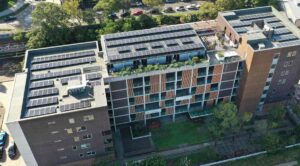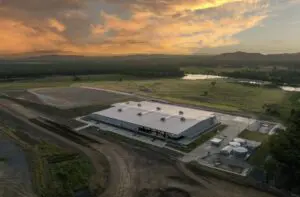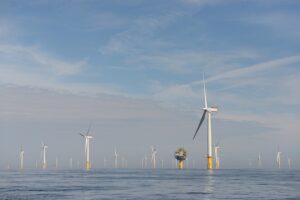Copenhagen Infrastructure Partners (CIP), one of the world’s leading investors in renewable energy projects, including Australia’s first offshore wind project the Star of the South, has launched what it believes is set to become the world’s largest renewable energy fund.
CIP announced this week it had reached €1.5 billion ($A2.45 billion) first close on Copenhagen Infrastructure IV, which will aim to underpin between €10-€14 billion ($A16-$A23 billion) of renewable energy projects around the globe – including in Australia, North America, Western Europe, and Asia.
“We are very pleased to reach first close of CI IV with a mix of existing and new blue-chip institutional investors committing to the fund,” said Jakob Baruël Poulsen, Managing Partner in CIP.
“The market timing is favourable for greenfield renewable infrastructure investments, and the fund and CIP are well positioned to capture the attractive market opportunity with significant visibility of the investment pipeline and a high degree of execution certainty delivered by a large team of experienced industrialists.”
Founded in 2012 and with now seven funds under management worth €9.5 billion ($A15.5 billion), CIP’s continued success only serves to ensure continued interest from investors around the world.
According to CIP, CI IV reached first close of €1.5 billion on June 15 thanks to capital commitments from a group of leading institutional investors including two Danish pension funds – PensionDanmark and AP Pension – Norway’s largest pension fund, KLP, and various other pension and life companies and large family offices.
Other prominent institutional investors are currently in the process of committing to CI IV including investors from the Nordics, Continental Europe, UK, Israel, North America, Asia, and Australia.
CI IV will focus on greenfield renewable energy investments across a range of technologies such as contracted offshore wind, onshore wind, solar PV, transmission, storage, waste-to-energy, and biomass assets in low-risk OECD countries in Western Europe, North America, and developed Asia Pacific.










